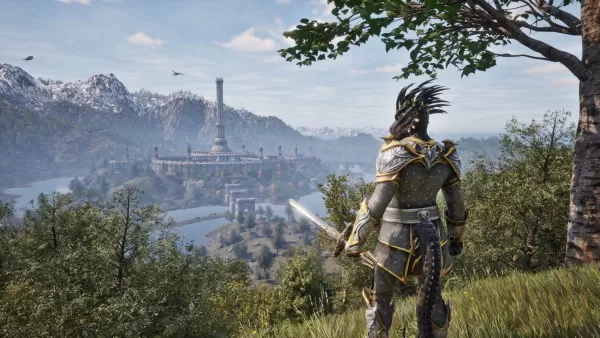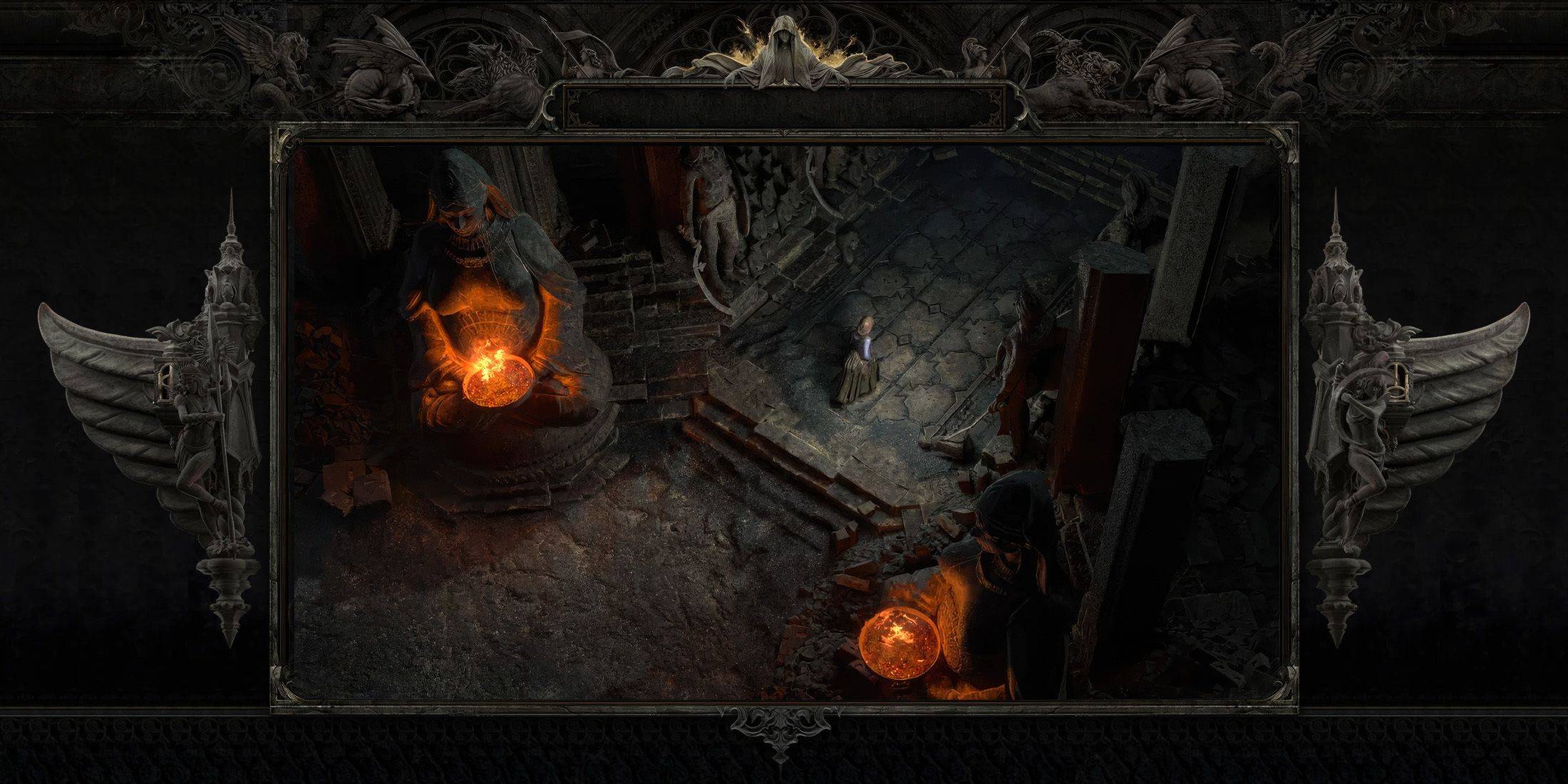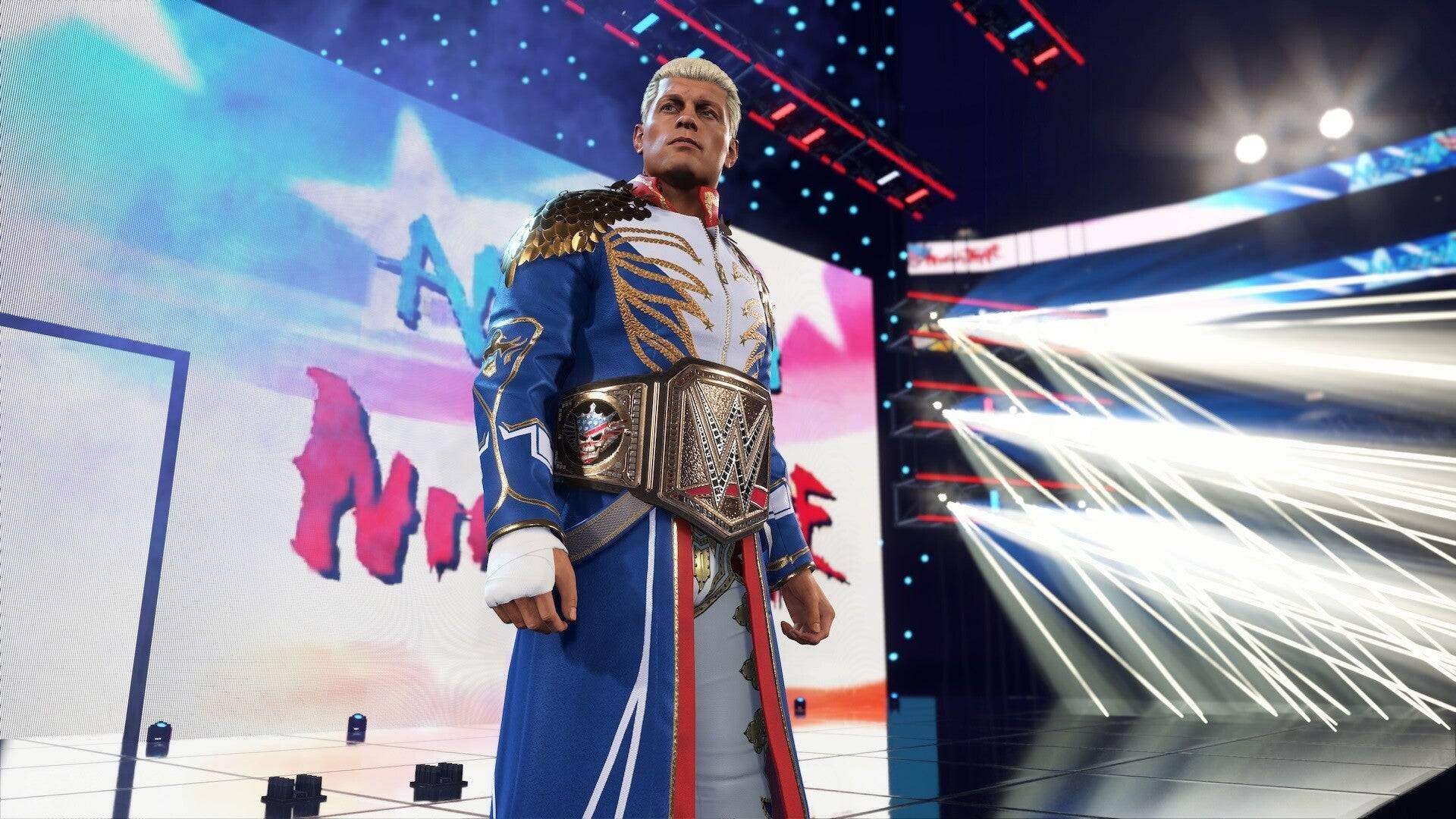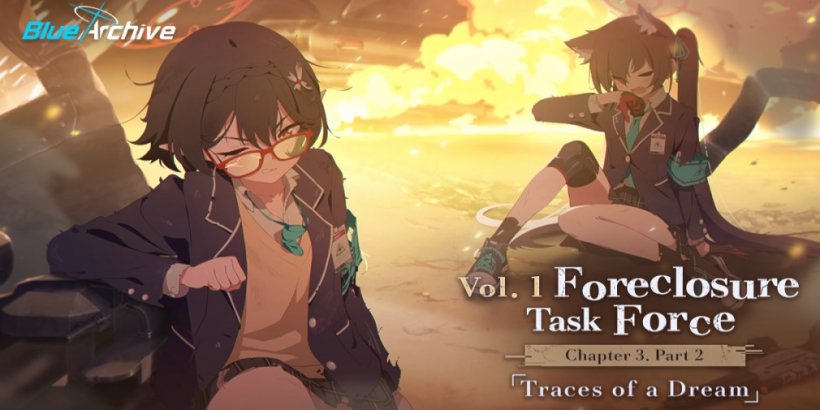By Azura, by Azura, by Azura – the rumors were true. Yesterday, Bethesda set the internet on fire by finally unveiling Virtuos’ remaster (or is it really a remake?) of The Elder Scrolls IV: Oblivion. An ‘Elder Scrolls Direct’ of sorts culminated in a surprise shadow-drop, which instantly saw hundreds of thousands of players diving in. This moment of global excitement and celebration feels like a much-needed beacon of hope amidst the recent challenges Bethesda Game Studios has faced. From managing years of damage control following Fallout 76’s rocky launch to the lukewarm reception of their new sci-fi universe, Starfield, Bethesda’s recent projects have left many fans wondering: Has Bethesda lost its touch? The RPG landscape has become fiercely competitive, with Larian Studios’ Baldur’s Gate 3 and Obsidian’s The Outer Worlds franchise both earning critical acclaim as spiritual successors to Elder Scrolls and Fallout. While Elder Scrolls 6 and Fallout 5 might still be years away, this re-release of Oblivion could be a pivotal step forward, albeit not in the direction one might expect.
At its zenith, Bethesda Game Studios was the undisputed champion of RPGs. In 2020, leaked FTC documents from Microsoft revealed that Fallout 4 had sold 25 million units to date, with over 5 million units sold in its first week alone, according to VGChartz. In 2023, Todd Howard announced that Skyrim had surpassed 60 million sales, bolstered by numerous re-releases. In contrast, Starfield's estimated sales of just over three million units a year and a half post-launch, even considering Game Pass subscribers and the absence of a PlayStation release, must be a disappointment for Bethesda. Despite a dedicated fanbase, Starfield’s numbers pale in comparison to those of The Elder Scrolls and Fallout, and even its fans have expressed dissatisfaction with the game’s first expansion, Shattered Space.
This situation presents a significant challenge for Bethesda. With The Elder Scrolls 6 still “years away” and Fallout 5 merely a whisper in the studio's corridors, how can this once-iconic RPG developer rekindle the magic for its fanbase? The answer may lie in revisiting its storied past.
Rumors of the Elder Scrolls IV: Oblivion remaster surfaced in September 2023, sparked by leaked Microsoft documents mentioning several unannounced Bethesda titles, including a remaster of the 2006 classic trip to Tamriel. The silence was broken in January 2025, when a former Virtuos employee leaked more details, stirring debate among Elder Scrolls fans reminiscent of the Stormcloaks vs. the Imperials divide. Last week, the floodgates opened (albeit prematurely), igniting the internet – over 6.4 million Google searches for ‘The Elder Scrolls VI: Oblivion’ were recorded, a 713% increase in the last week alone. At its peak, Bethesda’s reveal livestream attracted over half a million viewers. Despite or perhaps because of the leaks, over 600,000 people tuned in to witness the re-reveal of a 19-year-old game. The fervor for the remaster was so intense that it caused discount game key websites like CDKeys to crash, and slowed Fanatical and Green Man Gaming to a crawl. As of yesterday, Steam reported 125,000 concurrent players, with the game topping the charts as the #1 best seller. The enthusiasm Bethesda fans have for Oblivion burns as brightly as the flames that spill from the Oblivion gates themselves.
How can this once-iconic RPG developer enchant their fanbase once more? The answer lies in its past. “The message from players is clear: if you (re)build it, they will come.” What better way to keep fans engaged and invested during these long development periods than to invite them to take a trip back to the mysterious isles of Morrowind or the post-apocalyptic landscapes of the East Coast? From a commercial standpoint, this strategy is a no-brainer. While Bethesda’s main development team focuses on long-gestating new projects, trusted partners like Virtuos can use historical blueprints to craft remasters in shorter time frames. These remasters target games with built-in audiences, often the first RPGs many gamers played during their respective generations. Revitalizing these titles also introduces a new generation to the enchanting world of Tamriel or the post-apocalyptic adventures of Las Vegas and D.C.
Bethesda has already leveraged this strategy to great effect. During the first season of the Fallout TV show on Prime Video, Fallout 4 was discounted by up to 75%, accompanied by a timely next-gen update featuring homages from the show. As a result, Fallout 4 sales in Europe alone surged over 7,500% despite the game being nearly a decade old.
 Oblivion Remastered offers a visit to the past that looks like the future. Image credit: Bethesda / Virtuos
Oblivion Remastered offers a visit to the past that looks like the future. Image credit: Bethesda / Virtuos
Looking back at Microsoft’s leaked Bethesda roadmap, many noted a planned Fallout 3 remaster following Oblivion by two years. Although the original timelines have shifted – Oblivion was initially slated for fiscal year 2022 – assuming the original intervals hold, a Fallout 3 remake could be anticipated for 2026, aligning perfectly with the second season of the Fallout TV series. While a Fallout remaster now seems inevitable, especially with the show shifting focus to New Vegas, could early discussions between Bethesda and showrunners Graham Wagner and Geneva Robertson-Dworet hint at a surprise New Vegas remake? Given the synergy between the first season and Fallout 4’s atmosphere, could Bethesda elevate its strategy even further for the New Vegas-centric second season? They shadow-dropped Oblivion – it’s not beyond the realm of possibility that a New Vegas Remastered trailer awaits us at the end of Fallout Season 2’s finale.
The message from players is clear: if you (re)build it, they will come. However, if there’s one game in Bethesda’s back catalogue that truly deserves a remake, it’s undoubtedly The Elder Scrolls III: Morrowind. Fans have long clamored for this, with one group of dedicated enthusiasts even remaking Morrowind using Skyrim’s tools, dubbed Skyblivion. Yet, Morrowind poses a unique challenge for remaking. It represents a transitional phase in Bethesda’s evolution – it’s fundamentally different from the modern Elder Scrolls games. It’s only partially voiced, with much of the story conveyed through text, lacks quest markers (forcing players to jot down directions from NPCs unless they have perfect recall), and has no combat physics. While Virtuos managed to refine some of Oblivion’s more cumbersome systems, Morrowind’s entire framework is a complex system. This is why it’s beloved by many, but also why it’s so difficult to remake. Remaking Morrowind is a delicate balancing act. Modernize it too much, and you risk losing its original charm. Retain too many of its outdated mechanics, and it could feel more frustrating than a severe skooma withdrawal.
When a studio becomes synonymous with a gaming sub-genre, the challenge is to innovate and evolve while retaining its audience. Rockstar Games has kept Grand Theft Auto fans engaged for over a decade through the ever-evolving world of GTA Online, funding the rumored hefty budget for GTA 6. Bethesda’s forte lies in richly detailed, expansive single-player worlds – Elder Scrolls Online and Fallout 76 just don’t capture the same magic. However, the overwhelming response to Virtuos’ Oblivion remaster clearly shows that gamers are eager to revisit the historic chapters of Elder Scrolls. This doesn’t mean any remaster is guaranteed success – this particular one is a testament to careful planning and skilled execution, unlike Rockstar’s GTA Definitive Editions – but what better way for the former king of the modern RPG to regain its crown than by breathing new life into some beloved classics?

 Latest Downloads
Latest Downloads
 Downlaod
Downlaod




 Top News
Top News









